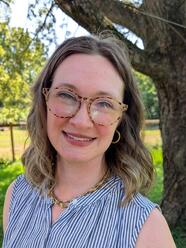
Center for International Education
Mission
The mission of the CIE is to serve Central State University students by providing them with the needed skills, knowledge, and experiences to prepare them for a competitive world.
-
- The Center provides a wide range of study-abroad opportunities to Marauders.
- The Center collaborates with faculty members to develop faculty-led programs that enable students to travel abroad to expand their multicultural skills and knowledge.
- The Center provides Student and Exchange Visitor Program (SEVIS) services to international students. This includes the issuance of I-20s, work on campus, internship authorizations in the form of Optional Practical Training (OPT), and Curricular Practical Training (CPT).
Check out our Newsletter!
Contact us
The center is located in the Charles H. Wesley Arts & Science Building, Room 314.

